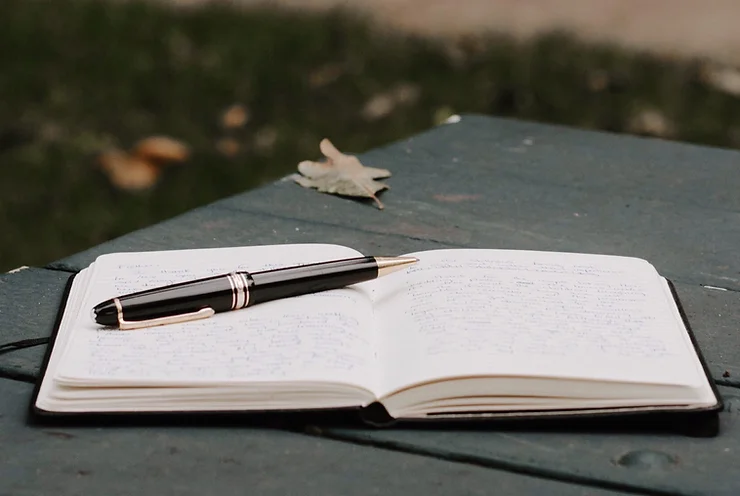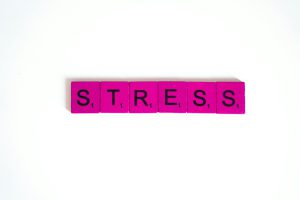Hey there, curious minds! Have you ever wondered what’s scribbled inside your therapist’s notebook during or after your sessions? Or perhaps you’ve had lingering questions about therapy that you’ve been itching to ask but haven’t found the right opportunity. Well, today’s your lucky day because I’m here to spill the beans and answer some of those burning questions you’ve always wanted to ask your therapist. So, grab a cosy spot and let’s get started!
- Do Therapists Judge Their Clients? This is a common concern, and the short answer is no, we don’t judge. Therapists are trained to provide a non-judgmental and empathetic space for clients to explore their thoughts, feelings, and experiences without fear of criticism. Our goal is to understand you better and help you navigate life’s challenges, free from judgement.
- What Happens if I Cry During a Session? Ah, tears—the language of emotions! It’s perfectly okay to cry during therapy, and in fact, it can be a healthy release of pent-up emotions. Your therapist is there to support you through moments of vulnerability, whether that involves tears, anger, laughter, or any other emotion. It’s all part of the therapeutic journey.
- How Much Should I Share in Therapy? The amount you share in therapy is entirely up to you and your comfort level. Therapy is a collaborative process, and you’re in the driver’s seat. You can share as much or as little as you feel ready to explore. Your therapist will be curious about whatever you bring and create a safe space for you to explore more deeply at your own pace. They may also challenge some unhelpful thinking patterns too!
- Do Therapists Ever Get Emotional During Sessions? While therapists are trained to maintain professional boundaries, it’s not uncommon for us to feel empathy and emotional resonance with our clients’ experiences. It’s a sign of our humanity and connection. However, therapists are trained to manage their emotions in a way that doesn’t overshadow or burden the client’s process.
- Can Therapy Help Everyone? Therapy can be beneficial for a wide range of issues and individuals, but it’s important to recognise that everyone’s journey is unique. Therapy works best when there’s a good fit between the client and therapist, and when both parties are committed to the process. It’s okay to explore different therapeutic approaches or therapists until you find what works best for you.
- What Happens if I Don’t Click with My Therapist? Building a therapeutic relationship is key to the effectiveness of therapy. If you don’t feel a good connection with your therapist, it’s okay to discuss this openly. Your therapist can help you explore your preferences and may even refer you to another professional who may be a better fit for your needs.
I hope these insights have satisfied your curiosity and provided a glimpse into the world of therapy. Remember, therapy is a collaborative journey focused on growth, healing, and self-discovery. If you ever have more questions, don’t hesitate to get in touch www.julieleetherapy.org. Until then, keep exploring, keep growing, and know that you’re not alone on this path to well-being.







